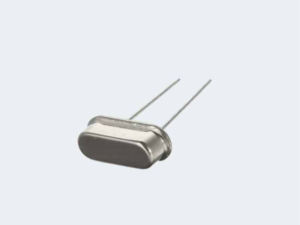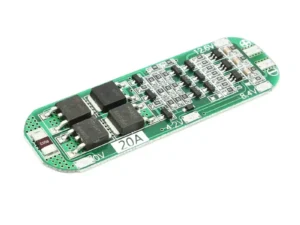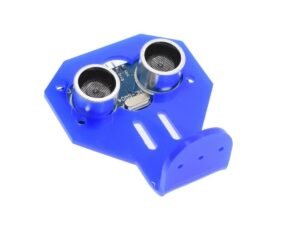Introduction:
ESP32 is already integrated antenna and RF balun, power amplifier, low-noise amplifiers, filters,
and power management module. The entire solution takes up the least amount of printed circuit board area.
This board is used with 2.4 GHz dual-mode Wi-Fi and Bluetooth chips by TSMC 40nm low power technology,
power and RF properties best, which is safe, reliable, and scalable to a variety of applications.
Features:
High performance-price ratio
Small volume, easily embeded to other products
Strong function with support LWIP protocol, Freertos
Supporting three modes: AP, STA, and AP+STA
Supporting Lua program, easily to develop
Development Board: https://github.com/Nicholas3388/LuaNode
ESP32 ArduinoIDE setup: http://domoticx.com/arduino-ide-board-esp32-wifi-bluetooth-chip/
Meer info (eng):
High Level of Integration
ESP32 is highly-integrated with in-built antenna switches, RF balun, power amplifier, low noise receive amplifier, filters, and power management modules. ESP32 adds priceless functionality and versatility to your applications with minimal Printed Circuit Board (PCB) area requirements.
Hybrid Wi-Fi & Bluetooth
ESP32 can perform as a complete standalone system or as a slave device to a host MCU to reduce communication stack overhead on the main application processor. ESP32 can interface with other systems to provide Wi-Fi and Bluetooth functionality through the SPI / SDIO or I2C / UART interfaces.
Ultra-Low Power Management
Engineered for mobile devices, wearable electronics and the Internet of Things (IoT) applications, ESP32 achieves ultra-low power consumption with a combination of several proprietary software. The state-of-the-art power saving features include fine resolution clock gating, power modes, and dynamic power scaling.
Robust Design
ESP32 is capable of functioning reliably in industrial environments with an operating temperature range of -40°C to +125°C. Powered by advanced calibration circuitries, ESP32 can dynamically adjust itself to remove external circuit imperfections or adapt to changes in external conditions.
| Key Features | 240 MHz dual core Tensilica LX6 microcontroller with 600 DMIPS
Integrated 520 KB SRAM Integrated 802.11BGN HT40 Wi-Fi transceiver, baseband, stack and LWIP Integrated dual mode Bluetooth (classic and BLE) 16 MByte flash 2.2V to 3.6V operating voltage -40°C to +125°C operating temperature On-board PCB antenna / IPEX connector for external antenna |
| Sensors | Ultra-low noise analog amplifier
Hall sensor 10x capacitive touch interface 32 kHz crystal oscillator |
| 32x GPIO | 3 x UARTs, including hardware flow control 3 x SPI 2 x I2S 12 x ADC input channels 2 x DAC 2 x I2C PWM/timer input/output availabe on every GPIO pin OpenOCD debug interface with 32 kB TRAX buffer SDIO master/slave 50 MHz Supports external SPI flash up to 16 MB SD-card interface support |
| Security Related | WEP, WPA/WPA2 PSK/Enterprise
Hardware accelerated encryption: AES / SHA2 / Elliptical Curve Cryptography / RSA-4096 |
| Performance | Supports sniffer, station, softAP and Wi-Fi direct modes
Max data rate of 150 Mbps@11n HT40, 72 Mbps@11n HT20, 54 Mbps@11g, and 11 Mbps@11b Maximum transmit power of 19.5 dBm@11b, 16.5 dBm@11g, 15.5 dBm@11n Minimum receiver sensitivity of -98 dBm 135 Mbps UDP sustained throughput 2.5 μA deep sleep current |








Reviews
There are no reviews yet.